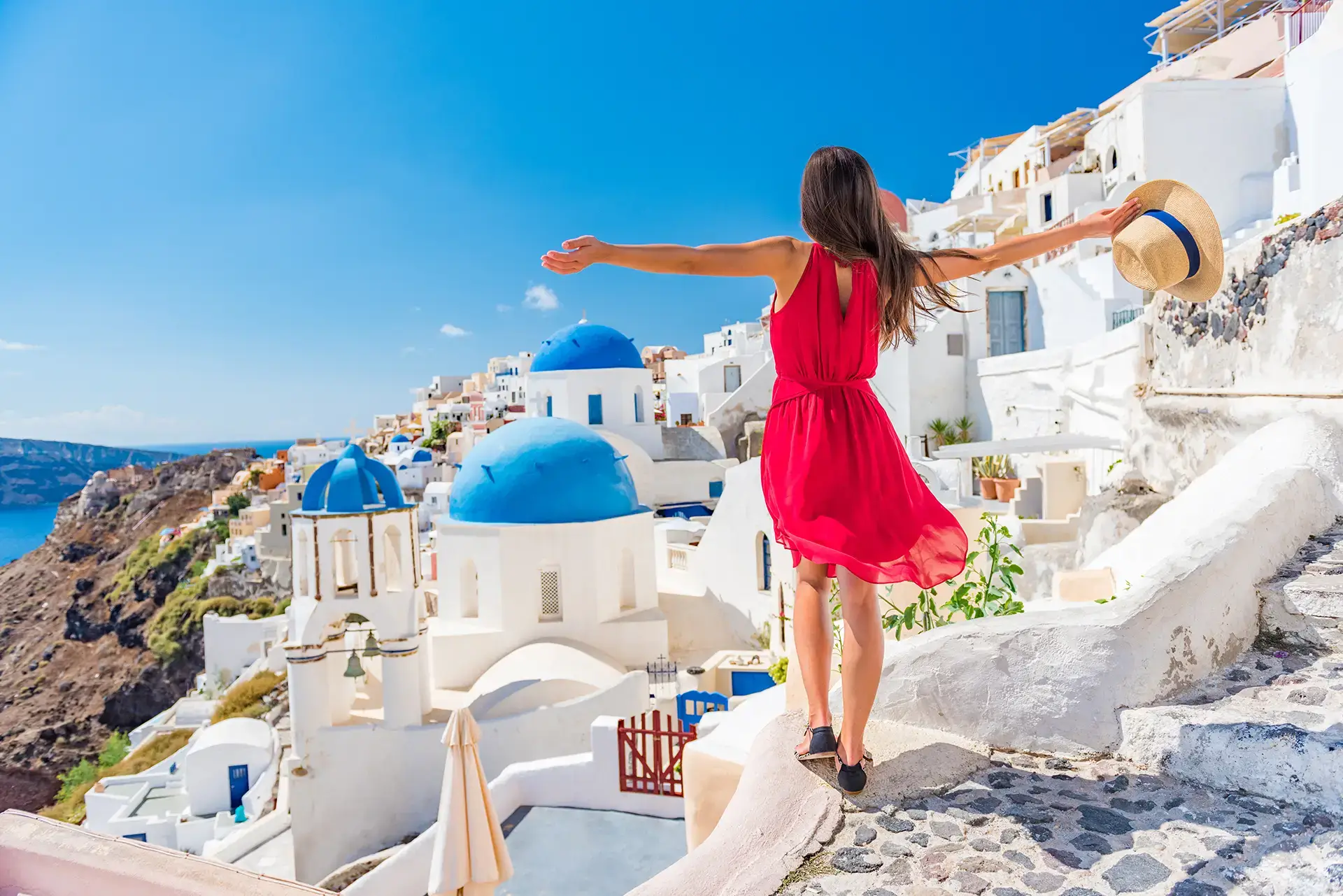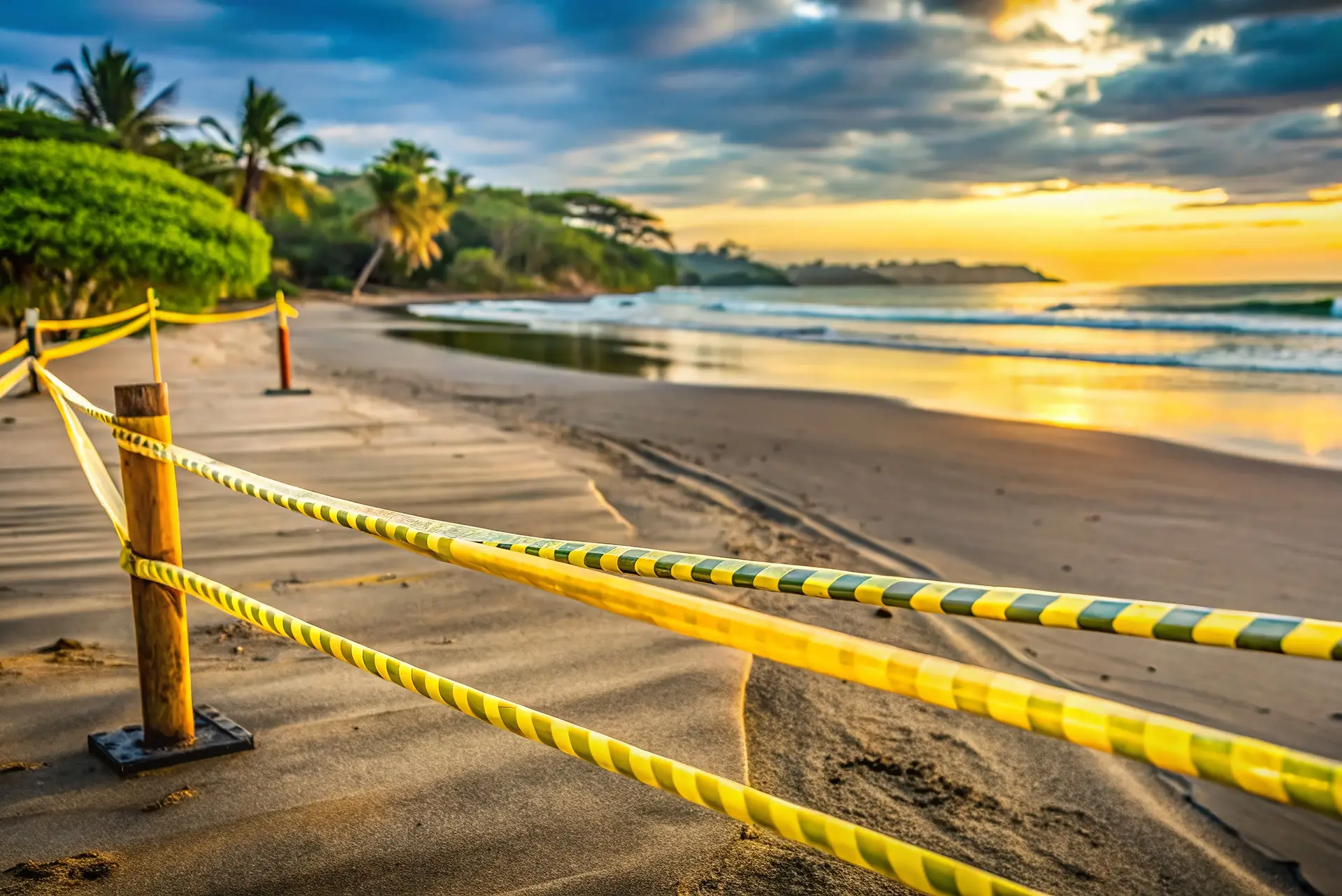What Is Eco-Tourism and Why It Matters for Solo Travelers
You want to see the world, but not at the world’s expense. That’s the heart of eco-tourism: a growing travel movement that prioritizes conservation, cultural respect, and giving back more than you take.
For solo female travelers, eco-tourism offers something even deeper: the chance to connect with nature, communities, and yourself in a way that feels grounded, ethical, and fulfilling.
Here’s what eco-tourism really means, why it matters, and how you can plan your next solo trip with a little more green in your passport (and your heart).
What Is Eco-Tourism?
Eco-tourism goes beyond “eco-friendly.” It’s not just about reusable water bottles and skipping room cleaning, though those help! True eco-tourism is about:
- Minimizing your environmental impact
- Supporting local communities and economies
- Respecting wildlife and natural habitats
- Learning about local cultures with care
- Traveling intentionally, not just for photos
Think of it as travel that gives back, to the land, the people, and your own sense of purpose.
Why Solo Travelers Are Embracing Eco-Tourism
Eco-tourism aligns beautifully with solo travel for a few key reasons:
- Slower travel = deeper connection: When you’re not rushing from attraction to attraction, you notice more. Feel more. Learn more.
- Mindful travel is empowering: Making values-based choices builds confidence and purpose on the road.
- Nature is the ultimate travel companion: Whether it’s a forest hike or ocean swim, solo time in nature is healing, inspiring, and good for your mental health.
- You’re in control: As a solo traveler, you choose where your money goes and what values your trip supports.
Ideas for Eco-Friendly Solo Travel
Here are some meaningful, low-impact trip ideas for your next solo adventure:
Wildlife Conservation Trips
Look for vetted programs that support animal rescue, rewilding, or marine life protection. Examples:
- Sea turtle conservation in Costa Rica
- Elephant sanctuaries (ethically run) in Thailand
- Dolphin monitoring in the Azores
Nature-Based Adventures
Immerse yourself in natural beauty while minimizing impact:
- Kayak through mangroves or coastal reserves
- Hike national parks and stay in eco-lodges
- Join a guided forest bathing experience (yes, that’s a thing!)
Cultural Immersion + Local Impact
Support local artisans and communities:
- Stay in family-run guesthouses
- Join cooking or farming experiences that give back
- Shop at women-led co-ops or zero-waste markets
How to Travel More Sustainably (Even Without a “Green” Itinerary)
You don’t need to hike the Amazon barefoot to make an impact. Start with simple steps:
- Fly less or offset your flights (use tools like Sustainable Travel International)
- Pack light—less weight means less fuel
- Bring a reusable kit (water bottle, utensils, tote bag)
- Choose accommodations with eco-certifications (Green Key, LEED, EarthCheck)
- Avoid wildlife selfies unless the experience is verified as ethical
- Eat and shop local—skip the imported goods and big chains
Eco-Tourism Is a Mindset, Not a Niche
You don’t have to label yourself a “green traveler” to make a difference. Every thoughtful choice, no matter how small, adds up. When you travel solo, your decisions ripple even further.
So next time you plan a trip, ask: What kind of impact do I want to make? Because seeing the world should also mean loving it a little better while you’re out there.






